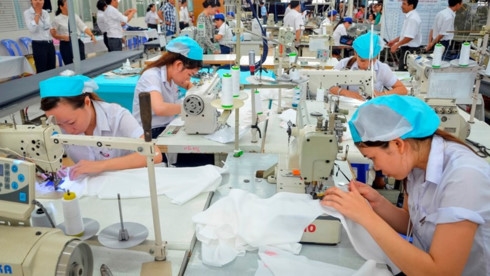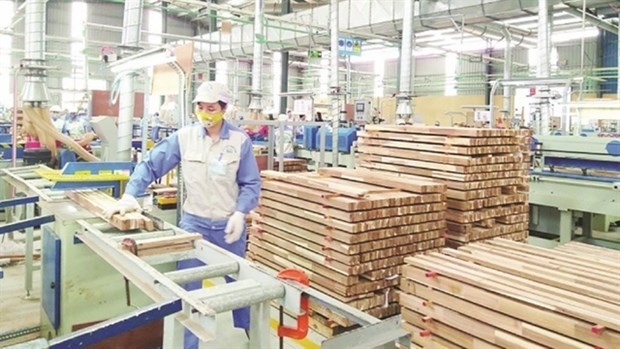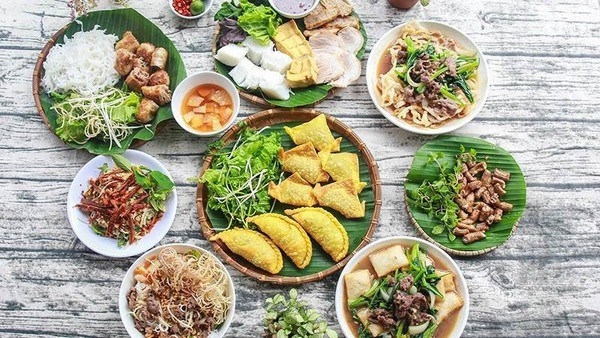
AsemconnectVietnam - Vietnamese businesses are now considering changes to gain a greater competitive edge and secure a stronger foothold within the domestic market in order to achieve greater progression into the international economic integration process.
The signing of several free trade agreement (FTAs) has presented a wealth of opportunities for import-export businesses as import tariffs of several goods are set to be slashed to zero per cent. However, businesses still face the daunting prospect of competing with foreign rivals.
Le Vinh Son, chairman of the Son Ha Group, emphasised that international integration has exerted huge pressure upon the group, especially from within the domestic market. He noted that the group has made thorough preparations in order to keep up with the challenges met over the past ten years.
Previously, completely built units (CBUs) were subject to high import tariffs, which could be gradually reduced through assembly. In addition, imported spare parts were exempt from tariffs as products reached the highest localisation rate.
However, by joining FTAs, the import duty levied on CBUs will fall to zero per cent and imported spare parts will be subject to a host of new tariffs.
Son pointed out that these fresh tariffs could lead to businesses importing products whose country of origin is not Vietnam. This policy looks set to have a negative impact on the production capacity of many Vietnamese businesses and affect the overall supporting industry of the country.
He recommended that the state devise proper policies aimed at increasing the competitiveness of domestic businesses within the integration process.
Son underscored the importance of restructuring companies, their departments, and human resources, in order to take full advantage of the latest technologies available to avoid lagging behind international rivals.
Bui Tu Ngoc, director of Hanoi Olive Joint Stock Company said joining new FTAs will offer plenty of opportunity for businesses to bring their best products to the Vietnamese market and in turn help Vietnamese goods penetrate the global market.
Ngoc elaborated on ways in which her company’s products could gain entry into nationwide supermarkets, noting that she spent three years learning about olive products before importing them into Vietnam.
Like other import businesses, Ngoc is also anticipating the enforcement of the Vietnam-EU Free Trade Agreement as olive products will also enjoy a zero per cent tariffs that other products such as palm oil and soya oil imported into Vietnam previously enjoyed. Ngoc stressed the need to set up technical barriers in order to prevent the flood of foreign goods into the domestic market when the country joins the International Olive Council.
In other words, the nation’s economic integration through FTAs will likely facilitate the entry of foreign products, even low-quality products into the Vietnamese market.
The director also expressed her worries over the competitiveness of Vietnamese products when making inroads into foreign markets. Vietnamese farmers will also have to change their production methods to improve their product quality, meeting stricter requirements set by foreign markets.
The also cited an example of a Greek company which wants to import close to 40 tons of Vietnamese coffee each month with high quality coffee beans. However, the cultivation methods used in Vietnam are unable to produce high quality coffee beans, and farmers are forced to mix their produce with other types of coffee to maintain a consistent output, leading to an uneven quality in coffee products.
In addition, some businesses find it challenging to deal with the changes in the country’s policies. For example, olive products have been exported to Vietnam since 2011. However, according to a document released in 2013, Greece was not listed among the countries importing into Vietnam.
Bui Thi Hanh Hieu, general director of Bao Minh Farm Produce JSC, said to cope with the integration process, the company has established a closed production chain with a zoning plan on material zones to ensure the criteria is met in terms of organic, safe water and non-contaminated soil.
The firm has implemented this process since 2015 in order to produce high quality products that meet EU standards.
Hieu also unveiled plans to build new production models with access to large fields to meet the requirements of foreign partners.
Furthermore, he also underlined the importance of support from the relevant ministries, agencies, and localities necessary for businesses to take part in the process of international economic integration.
Ngoc also underscored the need to devise open policies which support businesses in introducing Vietnamese products to the world as import-export businesses now largely depend on exchange rates and policies.
Source: vov.vn






